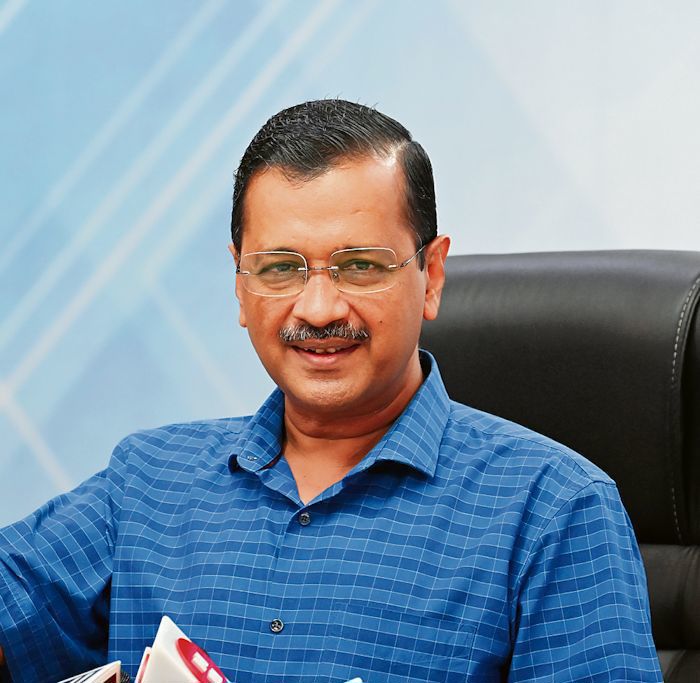Excise ‘scam’: Delhi High Court reserves order on CM Arvind Kejriwal’s bail plea in CBI case
New Delhi, July 29
The Delhi High Court on Monday reserved its order on the bail plea by Chief Minister Arvind Kejriwal in the corruption case stemming from the alleged excise policy scam.
The verdict was reserved by Justice Neena Bansal Krishna after hearing the counsel appearing for the AAP leader as well as Central Bureau of Investigation (CBI).
The CBI opposed Kejriwal’s bail plea in the case, saying he was the “sutradhaar” of the excise scam and if released, he could influence the witnesses.
“The investigation could not have been concluded without his arrest. Within a month we filed the charge sheet,” said CBI’s counsel advocate D P Singh.
Earlier in the day, the CBI filed its final charge sheet in the trial court against the chief minister and five others, including AAP MLA Durgesh Pathak.
Senior advocate Abhishek Manu Singhvi, appearing for Kejriwal, contended that the arrest was an “insurance arrest” to ensure that he does not come out of jail.
He emphasised that there was no direct evidence against the AAP chief and the investigating agency apprehended him based on presumptions and hypothesis.
Kejriwal was arrested by the CBI on June 26 from Tihar Jail while he was lodged in judicial custody in a connected money laundering case filed by the ED.
The court’s verdict on his petition challenging the arrest by CBI is awaited.
The chief minister, who was arrested by the ED on March 21, was granted bail by the trial court in the money laundering case on June 20. However, the trial court’s order was stayed by the high court.
On July 12, the Supreme Court granted interim bail to Kejriwal in the money laundering case.
The excise policy was scrapped in 2022 after the Delhi lieutenant governor ordered a CBI probe into alleged irregularities and corruption involving the formulation and execution of the policy.
According to the CBI and the ED, irregularities were committed while modifying the excise policy and undue favours extended to licence holders.









